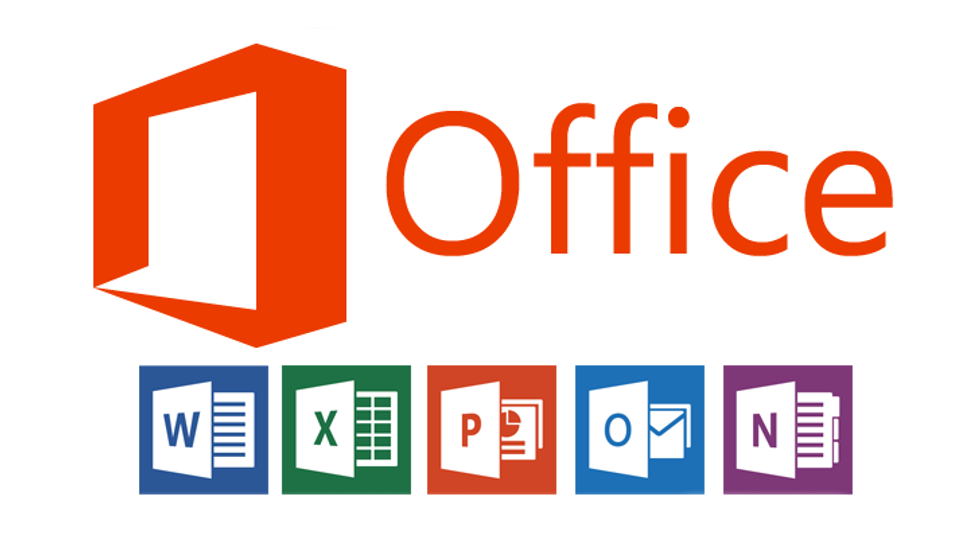Eventually, there comes a time in our lives when we have to start thinking about beginning our professional careers. You might be a college student, high school student, or recent graduate who is about to be thrust into the workforce – or maybe you’re seeking an internship to acquire some experience. But if you have no experience, how do you sell yourself to potential employers? You’ve probably even wondered how you can even DO a resume.
Here are some tips that might help spark you to remember that you do have marketable qualities, even if you don’t have any relevant work experience.
1. If you’ve just graduated with a degree in journalism, you likely do not want to apply for a job as a lab technician.
Stick to applying for jobs that (loosely) fit your knowledge base. It’s okay to venture just outside of your comfort zone, just don’t get completely off course.
Also, if you have never had a job, create a “Skills” section on your resume, rather than a “Work Experience” section.
2. Read the job description and requirements carefully.

Even if you’ve never performed the duties in a professional capacity, it is likely that you just naturally possess some of the necessary skills required. Does the job description list “answering phones” or “handle requests from clients”? If so, this is a great opportunity for you to highlight your fabulous “customer service” or “written and verbal communication skills”.
3. Don’t forget all of the Microsoft Office programs that you can operate – Word, Excel, Powerpoint, etc.

Regardless of the position you are seeking, you are likely to have to use one of all of these programs. This proficiency may seem like a no-brainer that isn’t even worth mentioning, but if you don’t tell the employer about your skillful computer skills, your resume may get tossed to the side. Also, are you trained in any other software (video editing, accounting, graphic design, etc)? If so, list those too – even if they aren’t relevant to the job. This will demonstrate that you are teachable/trainable.
4. Social media/networking is not just for mingling with friends – businesses heavily depend on social media to market themselves.

So, make sure you list that you are social media savvy! Additionally, it wouldn’t hurt to list the platforms that you use (but be sure there is nothing viewable on your accounts that would turn off potential employers). Listing your social media/networking knowledge demonstrates that you have a current, fresh understanding of modern technology. Also, create a LinkedIn account (and list it on your resume) – this is great for networking, which could lead you to additional employment opportunities.
5. Don’t forget your “soft skills”.

These are skills that aren’t necessarily gained through work experience; rather, they are qualities that you possess. Are you a team player? Are you loyal and able to maintain confidentiality? Do you think of yourself as adaptable and able to multi-task? If so, list these qualities! These are very real assets you possess – don’t overlook them or take them for granted.
6. In the “Education” section of your resume, list specific classes you’ve taken that are relevant to the job.
You might not have on-the-job experience to present, but listing specific classes will show that you have applicable knowledge (that you are eager to put to use!).
7. Create a section for “Activities” on your resume, especially if you’ve participated in sports, extracurricular clubs, or volunteer organizations.

This will demonstrate that you aren’t one-dimensional.
8. Write a cover letter to go with your resume.
Use this opportunity to expand on the resume skills while letting your personality shine through. You should maintain professionalism in your letter, but it’s okay to “be yourself” as well. If your resume is too much like a generic “form letter”, the hiring manager won’t be interested. So, take this opportunity to tell them something unique about yourself – so that you’re memorable. Additionally, in the cover letter, tell them why they need you – not the other way around. Sell yourself! If you don’t communicate that you are confident in yourself, why would they be confident in you? So, be confident (without being cocky).
9. Finally…proofread, proofread, and proofread again!
And then, get someone else to proofread it. Submitting a resume or cover letter with typos or grammatical errors can kill your credibility. Don’t let something this simple ruin your chances for getting an interview. (Also, a flawless presentation will demonstrate that you’re “attentive to detail”.)
So, if you’ve had anxiety about whether you have anything to offer, think again (and again and again). This is the time for serious introspection and self-examination. Don’t sell yourself short and don’t take your strengths for granted. Once you start putting the advantages you offer onto paper, your confidence will begin to grow – and you’ll likely turn out a resume better than you ever imagined. Good luck!
























